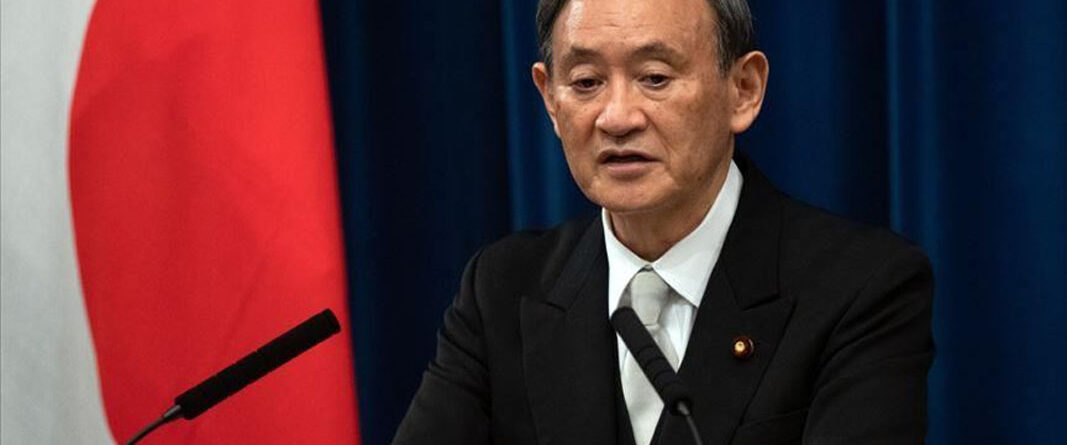Japan´s EPSF plots to build a financial system that supports sustainability
Prime Minister Yoshihide Suga announced Japan’s aims for carbon neutrality and substantially zero CO2 emissions by 2050, in his October 2020 policy speech. He also announced at the climate change summit held in April 2021 that Japan aims to reduce its greenhouse gas emissions by 46% in FY2030 from its FY2013 levels.
In order to achieve these types of environmental goals, many major countries consider that large scale of private funds would be required for the transition towards such new industrial and social structures. The amount of private funds needed to achieve the sustainable development goals (SDGs) worldwide is estimated at ¥3,000 trillion ($27.2 trillion) — and countries are regularly encouraging sustainable finance by implementing relevant policies.
As a part of these efforts, the Japanese Financial Services Agency (FSA) established the Expert Panel on Sustainable Finance (EPSF) in December 2020 so as to promote sustainable finance in financial institutions and capital markets, and to ensure more foreign and domestic investments addressed to the efforts by Japanese companies, in regard to decarbonisation and climate changes.
The EPSF has met eight times to discuss various measures, while conducting hearings from relevant parties since January 2021. Then the ESPF published the ‘Report by the Expert Panel on Sustainable Finance’ which mainly focuses on climate change as the most important issue among SDGs.
Read more @IFLR
217 views










